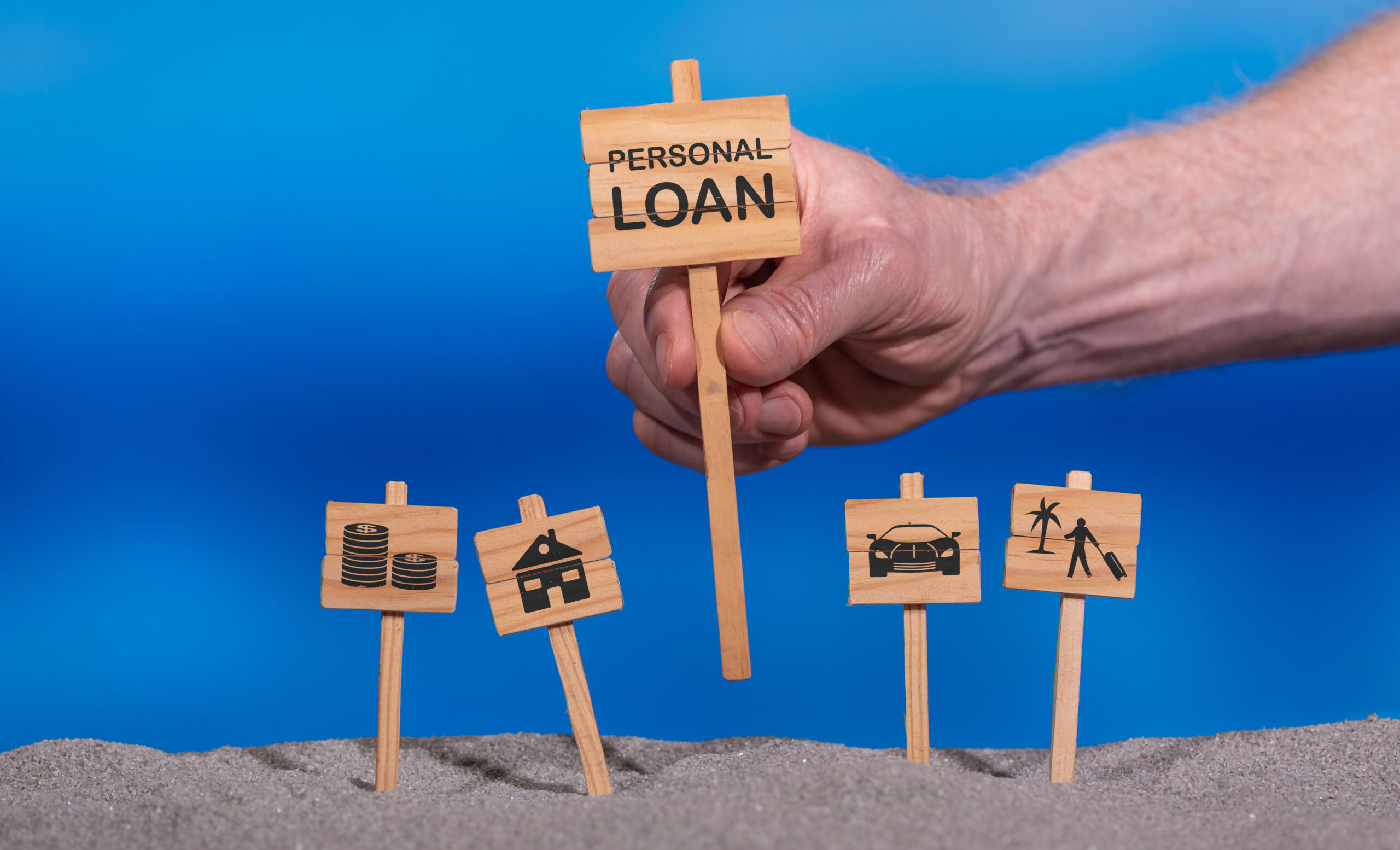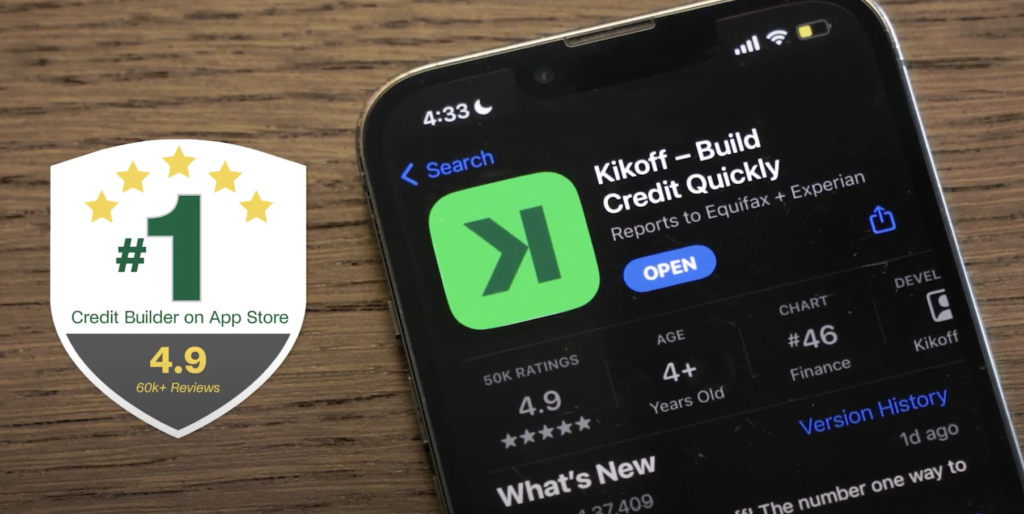Does "Good Debt" even exist?
Debt that occurs from careless spending can do nothing but harm you, but justifiable loans can enhance your quality of life.
The words 'good' and 'debt' don't seem like they would belong together. However, big purchases such as buying a car or a home are not often done without taking on a loan. Of course, debt that occurs from careless spending can do nothing but harm you. Nevertheless, justifiable loans can enhance your quality of life and a more nuanced understanding of the effect of said loan can help you determine if taking one out is worth it.
How does good debt work?
When you invest your money towards a worthwhile cause, you may get a return that is higher than the initial amount you put in.
If you're a fan of the Fresh Prince of Bel Air, you may remember Uncle Phil saying "My money makes money!" in Season 5 Episode 12. In that line, Uncle Phil was referencing how he will make back the money he invested plus a little more! When you invest your money towards a worthwhile cause, you may get a return that is higher than the initial amount you put in. Borrowing money to invest for these worthwhile causes for a higher payoff in the future is an example of good debt.
What is 'worth' going into debt for?
Keep in mind
One person's good debt can be another person's bad debt. In order for debt to be good for you, you need to consider your unique situation.
Everyone's circumstances are very unique so there is not a set checklist of things that are "worth" going into debt for. That said, here are some investments that many people see a return on.
- Education
- Home ownership
- Stocks
- Other investments that will help you build wealth or increase your income in the future

















